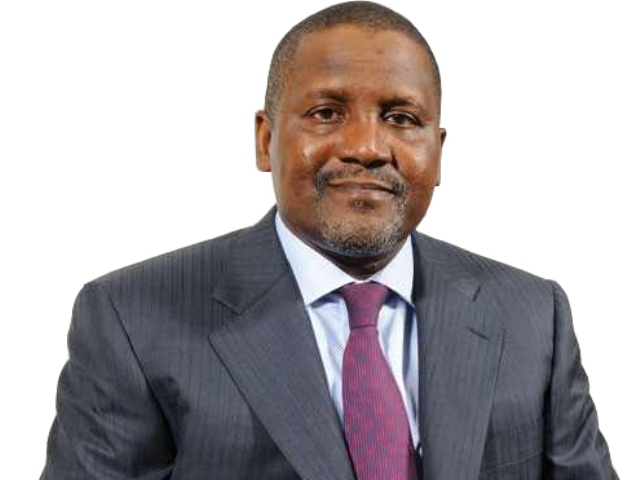
A growing middle class culminating into rising costs in the past one year has seen Kenya’s capital city, Nairobi depose Lagos – Nigeria’s commercial hub – as the most expensive city to live in Africa.
According to a new report on ‘world’s most expensive places to live in’ by the Economist Intelligence Unit (EIU), rapid increase in consumer good prices, linked to new tax regime adopted by Nairobi propelled it to top spot on the continent. The East African country’s ranking was also helped by a steady exchange rate.
“Nairobi has risen up the ranking over the past decade due to a number of factors, including an increase in the local cost of living,” said Jon Copestake, an EIU analyst.
He added however that the relatively stable exchange rate regardless, Nairobi still performed worse than other African cities.
Eight African cities were sampled including Lagos, Morocco’s Casablanca (ranked Africa’s third most expensive city), Cairo (Egypt), Lusaka (Zambia), Pretoria (South Africa), Johannesburg (South Africa) and Algiers (Algeria).
Singapore was ranked the most expensive city in the world to live in.
Tokyo, last year’s winner now sits on a joint-sixth place. Paris, Oslo, Zurich and Sydney make up the rest of the top five.
“Improving sentiment in structurally expensive European cities combined with the continued rise of Asian hubs means that these two regions continue to supply most of the world’s most expensive cities,” said Copeland concerning the overall trends.
“But Asian cities also continue to make up many of the world’s cheapest, especially in the Indian subcontinent,” he added.
Mumbai emerged as the world’s cheapest city to live in, joined by Karachi, New Delhi, Damascus and Kathmandu to make up the top five least expensive cities in the world.
New York, used as a benchmark for comparisons, ranked as 26th most expensive city in the world.
Nairobi’s high-ranking based on cost of living indicates ability to attract foreign investment. The country’s annual GDP growth according to a 2012 World Bank report was 4.6 percent, which was projected to grow at 5.8-6 percent according to an October 2013 report by the global lender.


![International Summit On African Leadership & Awards [Photos]](https://www.africanleadershipmagazine.co.uk/wp-content/uploads/2014/03/27022014_ALMA_106.jpg)
